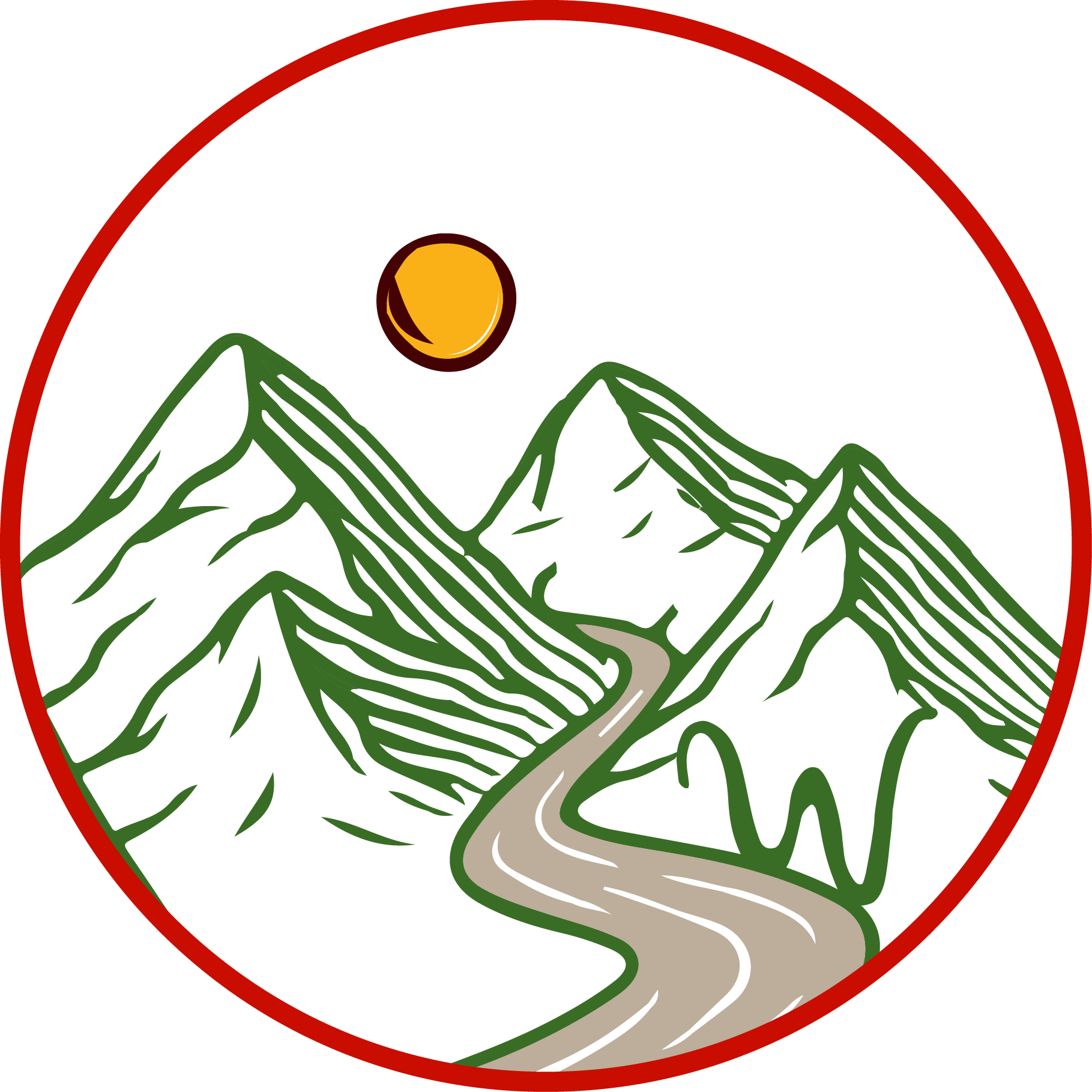Waywords Studio
Wanderings on Literature and Language
Waywords

our studio
“Language is power, life and the instrument of culture, the instrument of domination and liberation.”
Angela Carter
Waywords produces a web of programs and media designed to improve our thinking in democratic action, in critical literacy, in global understanding. We provoke, inspire, and wrestle with the ambiguities and richness of human thinking, from times modern to ancient.
While offering serious educational support for those who want it, Waywords entertains and engages with surprising takes on a wide range of global topics, from Western social trends to modern mythological thinking.
Criticism & Reviews
The Waywords podcasts and blog explore the workings of global literatures, language, and mythology through a social-epistemic rhetoric. Book reviews explore a wide range of genre, era, and region.
Fiction & Verse
Original prose includes verse, short fiction, work from the ImageMaker cosmogony, the Sam & Nadi English learners series, published collections like Unwoven, and audio drama.
Teaching & Learning
Programs to support students in lifelong literacy training, Advanced Placement® Literature, IB® Theory of Knowledge, philosophy, composition and critical reading, and English language learning.
Mansur of Dasht-e Kavir
The masnavi is a kind of Persian narrative poetry with rhyming couplets, often with morals around Sufi mysticism, ethics, and theology. My lessons are perhaps more deconstructive illuminations.
The Architecture of the Dungeon: Toni Morrison and the 13th Amendment
The Omelas basement has a physical address in America: the prison-industrial complex. This week, we use the lens of Toni Morrison's literary criticism to interrogate the 13th Amendment and the 'Hideous Bargain" of mass incarceration. If the basement is...
Of Kings and Things
When writing children’s verse, it’s hard to see where sincerity ends and parody begins . . . .
Wandering Stars: Tommy Orange and the Sovereign Center
What happens to the story when the 'object' of our sympathy looks back and refuses the role we’ve written for them? The allegory of the 'Suffering Child' is a powerful challenge, but it creates its own blind spots: it can turn a living history into a...
Phantom
Concrete poetry depends on the poem’s shape on the page for some of its meaning. I remember doing these as kids, yes, but now . . . ?
The Bureaucracy of Erasure: Erdrich’s The Night Watchman
Your Interpretation is Colonial. When we turn Zen into a pop-culture vibe or a totem pole into a corporate metaphor, we aren’t learning; we’re committing interpretative violence.
Epigrams
In the mood for some pithy wisdom? Maybe move on. . . .
Words from Nigeria 3 – Emezi’s Pet & Hunters for Truth
Akwaeke Emezi demonstrates how Nigeria's contemporary writers turn our conceptual realities around. They offer a YA novel that doesn't condescend, but more, one which shows that we should not "walk away" from Omelas, but perhaps "Stay and Hunt." This is...
Words from Nigeria Pt 2: Soyinka’s Tiger & Brother Jero
Why have so few read Soyinka? And can we find hope through his cynical dramas? I admit I am a victim of the myth-making around me which has made Soyinka and other African writers largely invisible. Let's see why. Episode 6.24 - Words from Nigeria Pt 2:...
Subscribe & Discover
Programs for students, teachers, and devotees to literature
Community









